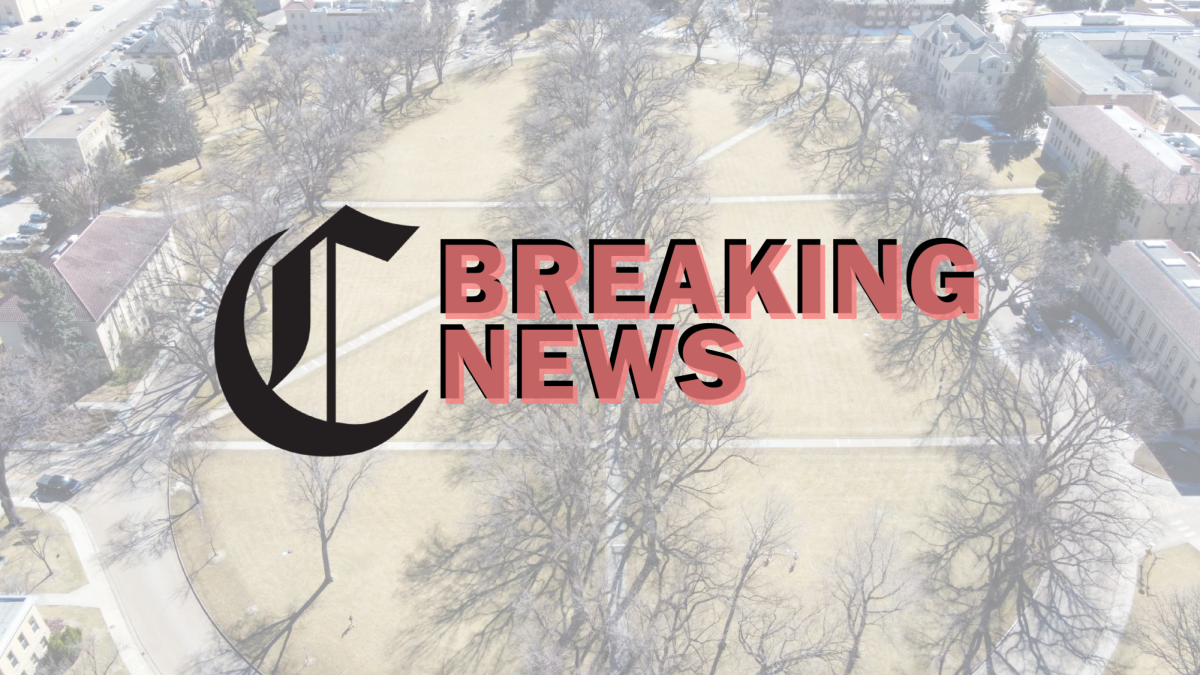As a journalist, Greg Myre has seen a lot.
Ad
Aside from his work for National Public Radio, Myre has traveled to over 50 countries, watched Nelson Mandela’s release from prison, lived in Russia during Vladimir Putin’s early career and reported on fights between Israelis and Palestinians in Jerusalem from 2000-2007.
Myre, a national security correspondent for NPR, visited Colorado State University to talk about the state of national security in the United States on Monday.
Myre said it’s important for students to develop a global perspective to better understand how the world works.
“The U.S. plays a big role in the world, like it or not, just because of the size of our military, our economy in the way that the trade takes place globally,” Myre said. “You are growing up and living in a much more a globalized environment and whatever way you do that, whether it’s the courses you take, a chance to travel abroad, I think that’s so important.”
For students like sophomore international studies major Emely Cruz, attending this event was important to understanding all sides of national security.
“It was important for me to attend this event because the polarized political environment in the U.S. makes it easy just to see a one-sided story,” Cruz said. “Understanding how measures were taken after 9/11 have radically changed the American people to fear things that we may be unfamiliar with … It was important for me to educate myself and not fall into misconceptions.”
Myre, who has worked in the field since he was posted to South Africa in 1987, said the state of national security in the U.S. has changed for the better. Myre credits the lack of full-scale wars in recent history as well as the United States’ ability to defeat terrorist groups has helped alleviate concerns surrounding national security in these areas.
You are growing up and living in a much more a globalized environment and whatever way you do that, whether it’s the courses you take, a chance to travel abroad, I think that’s so important.” Greg Myre, National Security Coorespondent for NPR.
Myre said since World War II, the U.S. has been involved in a fair number of conflicts, though these tended to be smaller conflicts.
“We’ve seen the threat of a full-scale war with other states sort of decreased and more or less vanished,” Myre said. “What we see in the past 20 years has been terrorism and (that’s) certainly been a serious threat but we’ve also seen that the U.S. has the power to effectively defeat groups like Al-Qaeda and Islamic State or beat them back to that.”
Ad
Myre said the public needs to pay more attention to the effect that cyber warfare can have on national security.
“I think now we’re entering an era now where we really need people with high-tech skills in the military,” Myre said. “Cyberwarfare is becoming something that is is on the horizon. I think it’s evolving and we need to pay attention.”
U.S. involvement in unpopular foreign conflicts has made it harder for journalists to cover issues surrounding national security on a ground level, Myre said.
“I think that the way the U.S. has been constantly engaged in wars has been something that we’re still working on, we still have troops in Iraq and Afghanistan and Syria for example, so you’re trying to cover some of these places, but it’s much harder to do you can’t just go and wander around Syria,” Myre said. “We send reporters in and out of Iraq and Afghanistan, but I think the on-the-ground coverage has gotten harder for a couple reasons. The danger level, and the interest quite frankly, has declined.”
Although many may have lost interest in national security reporting, Cruz said national security is more than just covering the effects that terrorism and war.
“National security matters to me because as globalization continues to diffuse ideas across borders, create economic competition and connect people across the world, there are also drawbacks,” Cruz said. “Security doesn’t necessarily have to be focused on terrorism, but possible threats to our democratic values that we take pride in and the legitimacy of our government.”
Jorge Espinoza can be reached at news@collegian.com or on Twitter @jorespinoza14.


























